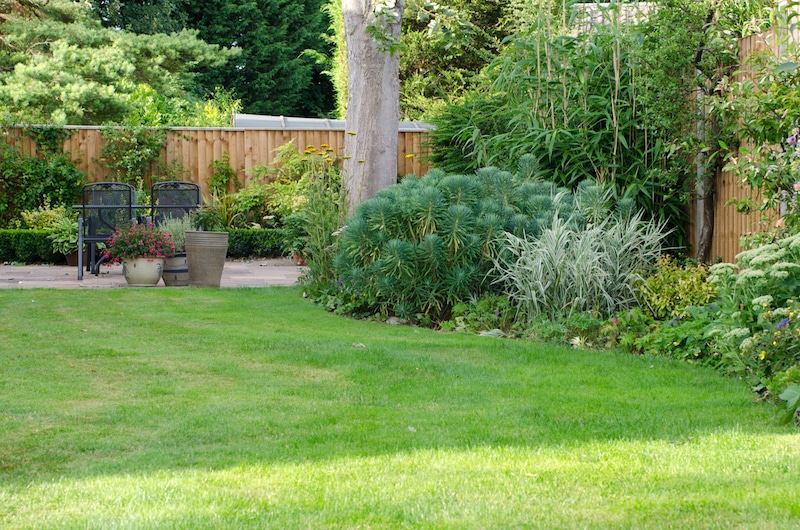We are pretty lucky in Australia. As soon as December rolls around, we can count on getting our fair share of long summer days full of blue skies, balmy nights and all the fun activities that those conditions allow.
We live on the driest inhabited continent on Earth, which is great for those of us that love the outdoors, but it may not be so good for our plants and gardens. Native Australian plants have evolved to cope with the lack of water, but a lot of us have chosen to fill our backyards with plants that don’t really belong here. That means they need a little extra help to make it through the big dry.
So, in order to keep your English Rose bed as healthy as your Kangaroo Paw, here are a few ways you can keep your garden green over summer.
Water
Water is the source of all life. Everything from a cactus to a wattle needs a little bit of water to survive. Hopefully you have installed a water tank at your property so you can keep up the watering over summer. The best way to keep your garden hydrated is to buy a timer from any hardware or garden store. Timers are cheap and they ensure that your garden gets it daily drink in case you forget. You can hook the timer up to a drip irrigation system if you want to keep your garden bed wet. Or, if you have a fern area, the best thing to do is hang the irrigation system up high. Drip irrigation systems are the best because they only deliver the amount of water the plant needs instead of soaking them and wasting precious water.
The best way to check if your plants need more water is to check the soil. If the soil drinks everything after you’ve watered it and the soil still feels dry, it’s a good sign you need to increase your water allotment.
Shade
Sun gives life and sun takes it away, especially in the plant kingdom. Some plants just aren’t supposed to be subjected to large amounts of sun. So, it’s important you know your pants and provide the ones that don’t like the sun with enough shade. Ferns should always be covered by a shade cloth and so should a lot of other plants that tend to thrive in darker areas.
Your ferns may have survived the winter sun but they’re going to struggle with the intensity of summer, so grab some timber and some shade cloth and erect a little tent for your shade loving plants.
The Lawn
The lawn is usually a bit of a love child for the man of the house and there’s nothing more heartbreaking than watching that beautiful pitch of green turn brown over summer. It doesn’t have to be like this!
To keep your lawn green and soft for those diving backyard cricket catches all you have to do is:
- Grab a lawn aerator and go over the entire surface of the lawn. The little plugs allow the water to circulate better and ensure no blade of grass misses out on its drink
- Mow your lawn throughout the summer to stop grass killing weeds from building up
- Make sure you don’t set the blade too low, if you cut it too short the new growth will cop the brunt of the sun and it will never be able to recover
For more tips, take a look at our recent post: Your Complete Guide to Lawn Care & Maintenance
The Weeding
Weeding is even more important during summer. Your plants already have their work cut out for them trying to survive during a week of 40+ degree days so don’t make things even harder by making them compete with nutrient, space and water stealing weeds.
For more tips, take a look at our recent post: How to Weed Your Garden Like A Pro
Trim Your Bushes, Shrubs and Trees
You need to trim back the lower limbs of all your bushes, shrub and trees because the lower halves of these plants are water hogs. They suck up all the water you give to them and don’t leave any for their far more attractive upper halves. You’ve got to take from the bottom to feed the top if you want your bushes, shrubs and trees to see another winter.
So, there you go. It’s not impossible to have a green garden throughout December, January and February. Follow these tips and you’ll be relaxing amongst a green, lush and vibrant garden all summer long.
Of course, if you fill your garden with native plants you can just sit back and watch the wonders of adaption.





